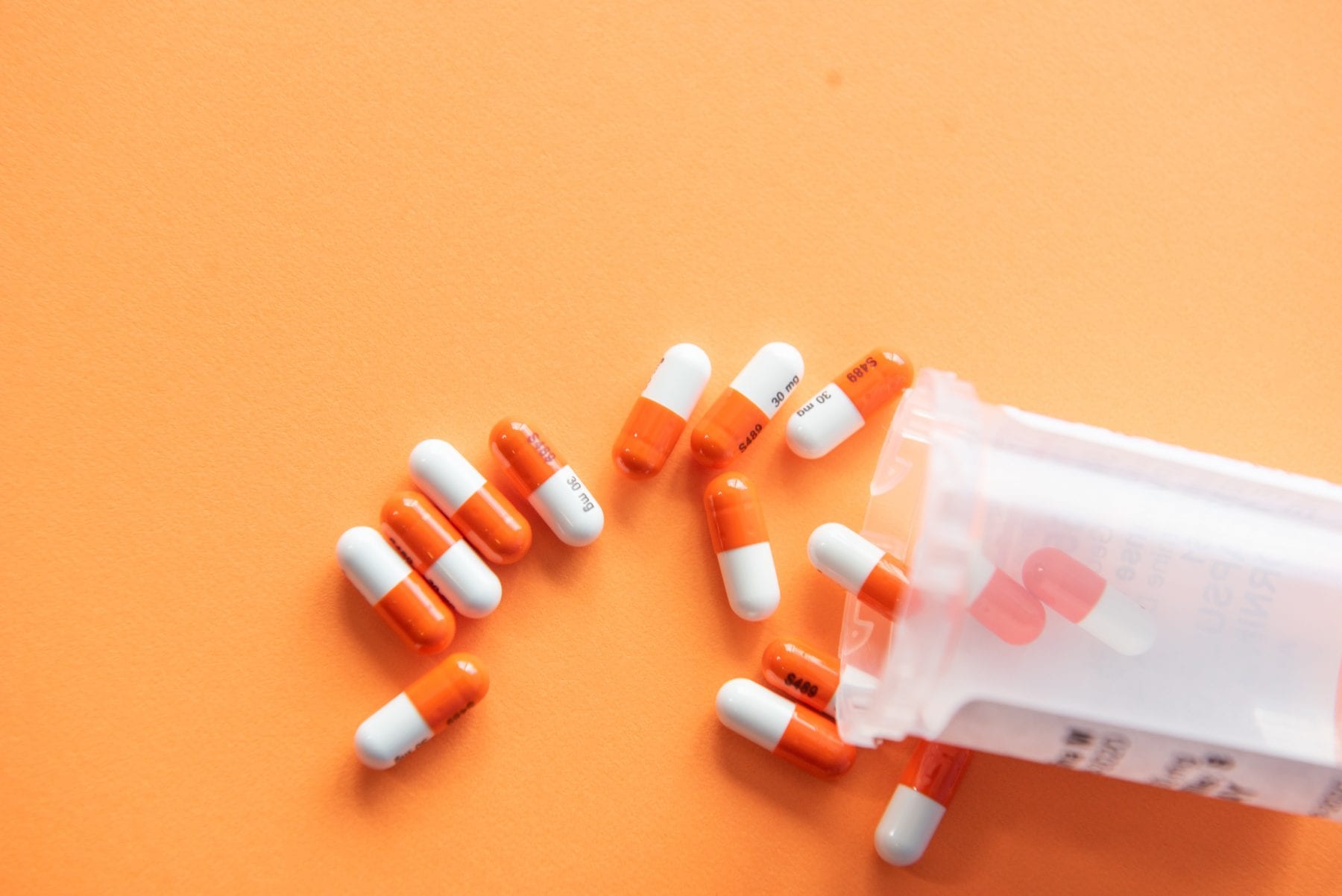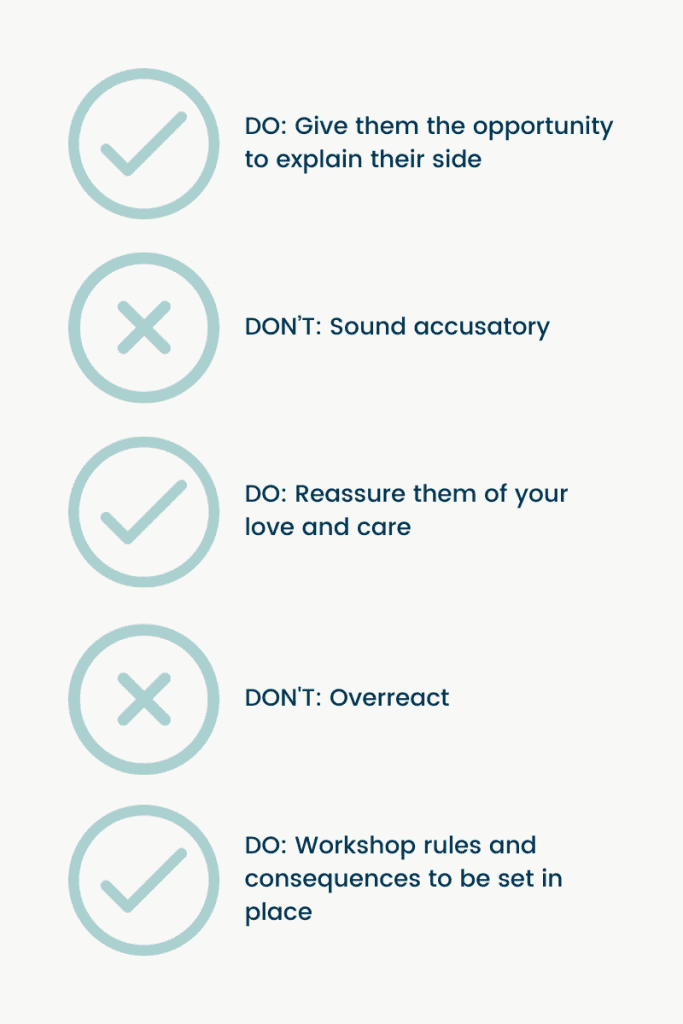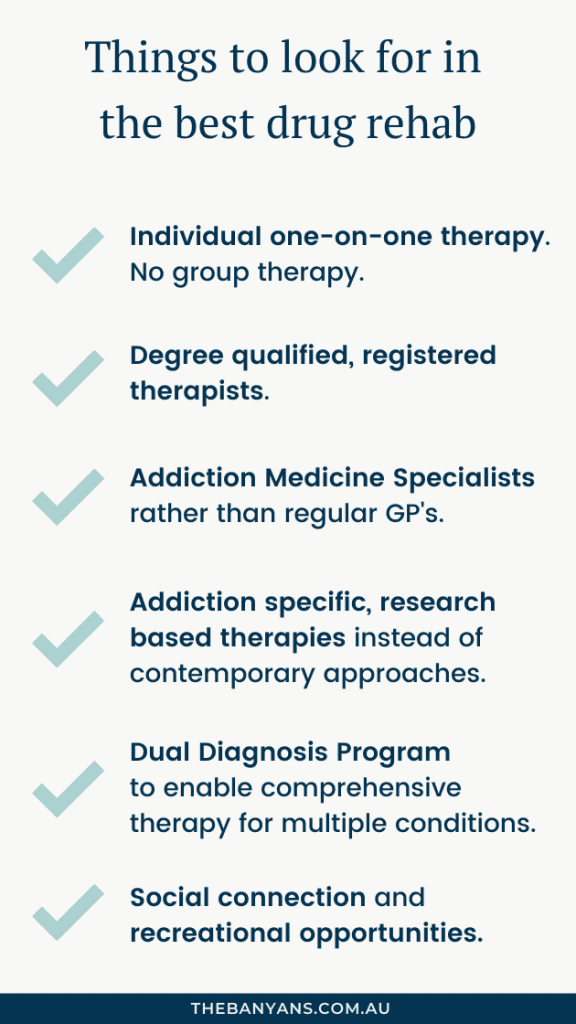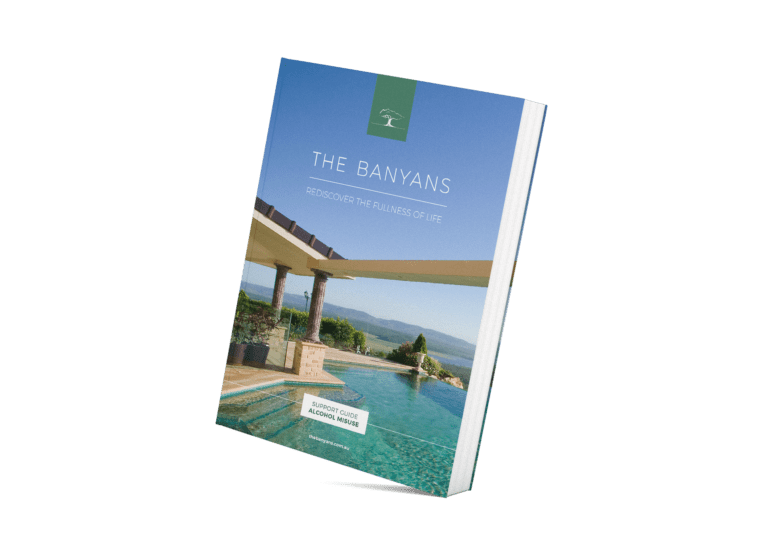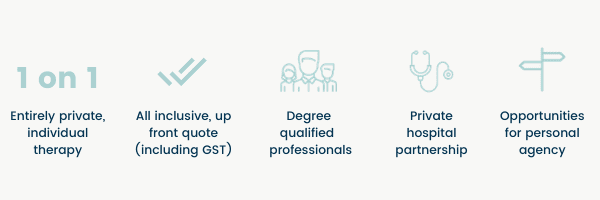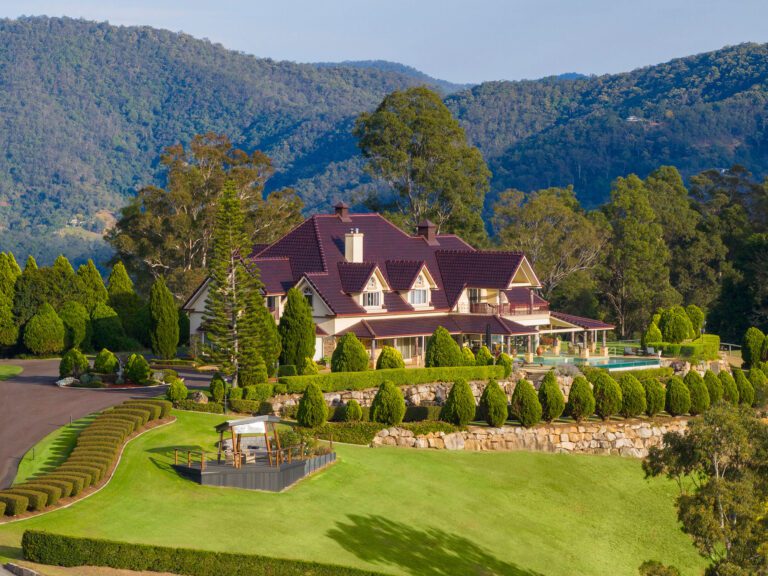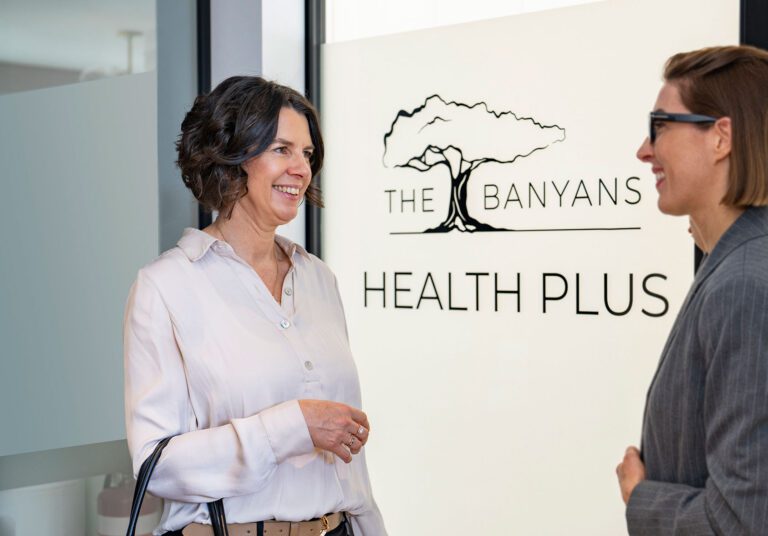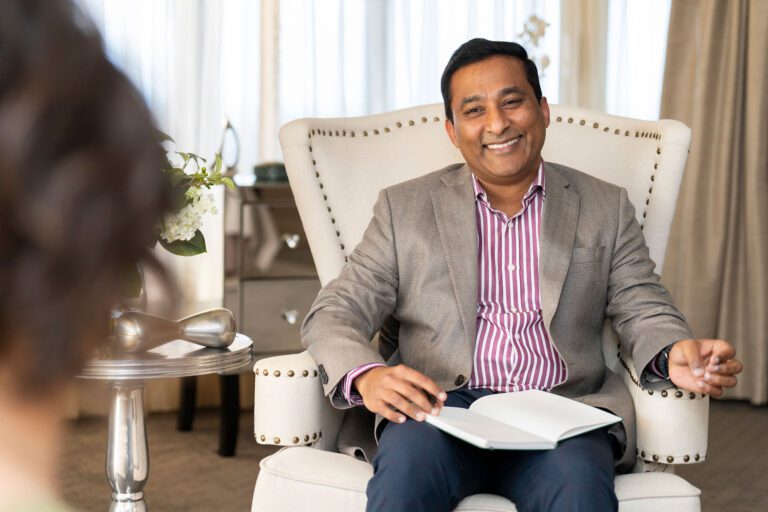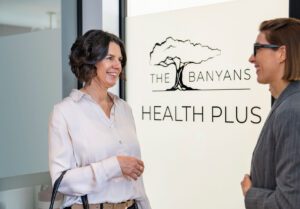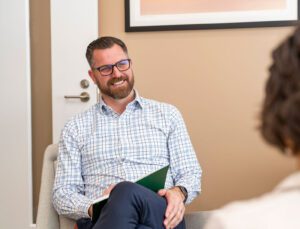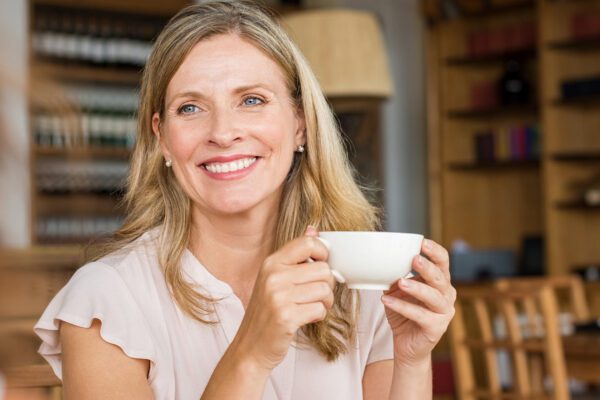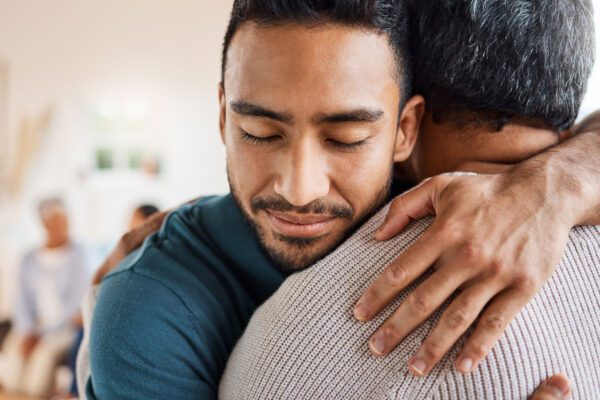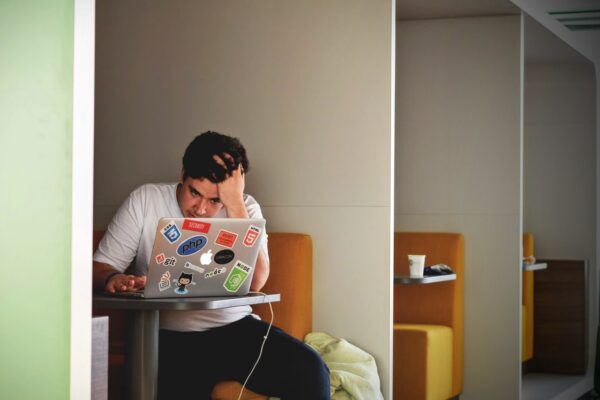
If you suspect your child is using drugs, there are likely a myriad of emotions running through you right now – shock, anger, disappointment, fear, helplessness – just to name a few.
The reality is that 1 in 8 Australians aged 14 and over will misuse pharmaceutical drugs at some point in their lifetime and 28% of youth aged 18 to 24 experiment with illicit drugs.
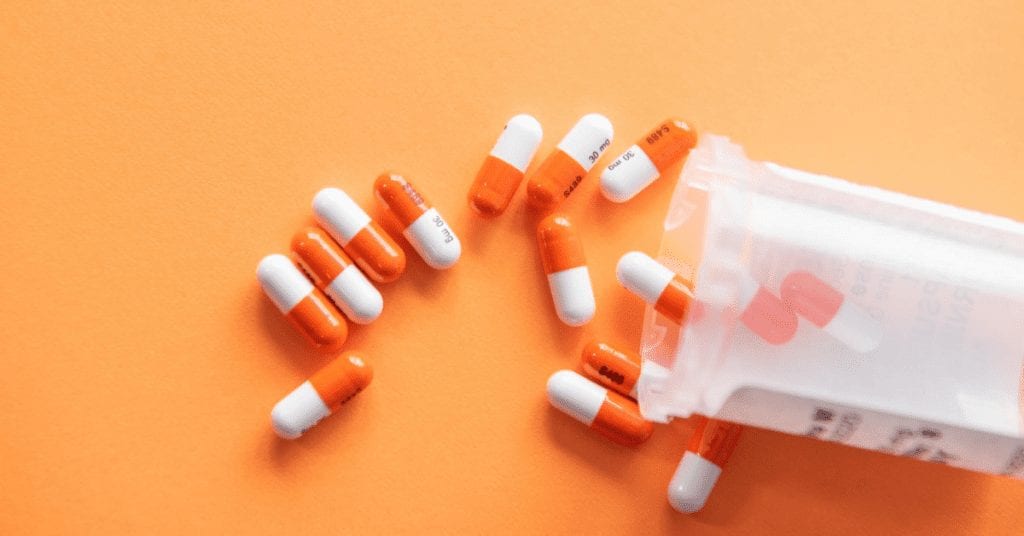
The good news is it’s not too late.
Adolescents and young adults are still developing their neurological pathways, identity, and social groups. So early intervention is crucial in helping your young person understand the consequences of drug use.
But what should you do if you suspect or find out your child is using drugs?
1. Spot the signs
While every adolescent or young adult is likely to exhibit different signs of illicit or prescription drug misuse, there are a few to look out for.
These can include:
- Shifts in mood and personality;
- Behavioural changes;
- Smell of smoke on breath or on clothes;
- Frequently flushed cheeks and face; and
- Frequent sickness.
At the end of the day, you know your child better than anyone else. If pills have gone missing from the medicine cabinet or they suddenly become isolated and sullen, it may be a good time to check in with them.
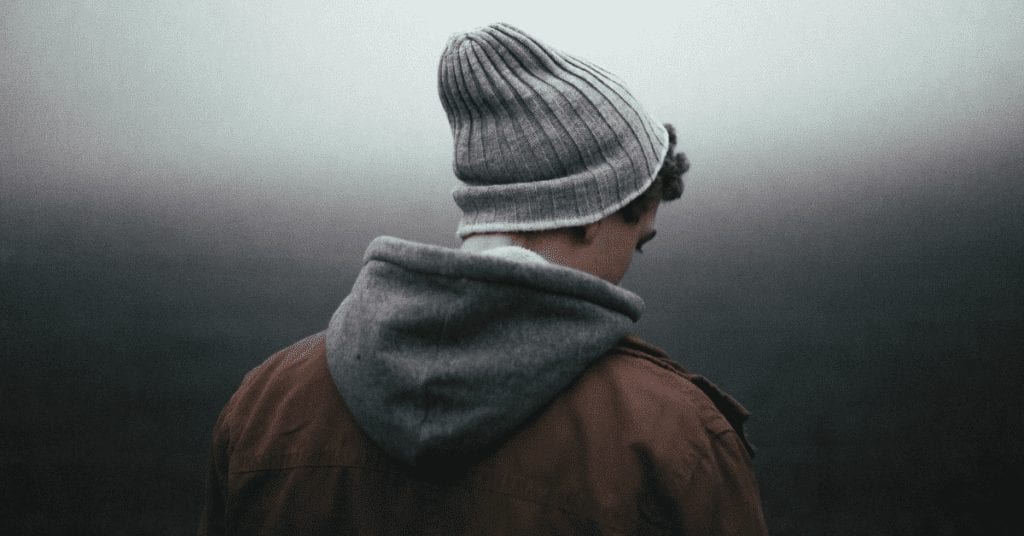
The underlying problem
Before even preparing to confront your child about their drug use, it is important to try and understand the “why” behind their behaviour. While drug misuse in adolescents and young adults is often associated with rebellion, there are likely other factors at play. Such as peer pressure, wanting to numb some mental and emotional pain, or using drugs a stress management tool.
Thinking about the surrounding circumstances facing your young one will equip you to better understand the motivating factors for their drug use. This could be from a messy divorce, looming exams, a recent breakup or as an attempt to fit in with a new social circle.
2. Start the conversation
The next step is talking to your child. Approaching this conversation can be daunting, but a positive outcome is more likely if you are armed with the right tools.
What are the DOs and DON’Ts of talking to your loved one about their drug use?
DO: Give them the opportunity to explain their side
Hearing their side of the story will enable you to empathise with the motivating factors or circumstances that they’re facing that have led to drug misuse. It may very well be that boredom or rebellion were their motivations, but digging a little deeper than that can reap rewards.
Asking open-ended questions like “why did you take drugs?”, “is there anything else you’re struggling with?” or “what made you want to start using drugs?” is a great place to start to get the conversation going.
DON’T: Sound accusatory
As with any difficult conversation, it’s often the tone of our questions rather than the words we say that has the biggest impact on the outcome. Approaching the conversation with the goal of understanding their “why” rather than purely expressing your disappointment in their actions will open the doors for open dialogue and honest conversations in the future.
DO: Reassure them of your love and care
Providing reassurance that you love and only want the best for them positions you as an ear to listen. This does not mean you condone their behaviour, but it will go a long way towards building a relationship of trust between you both.
DON’T: Overreact
Drug use in adolescents and young adults are more common than you might think unfortunately. But running to extremes might do more harm than good. Before changing their school or never letting them leave the house take it one step at a time. One conversation at a time.
DO: Workshop rules and consequences to be set in place
There is no doubt that one of your first reactions is likely be to express your disappointment, and understandably so. But getting to the root of the issue before discussing consequences and rules going forward will reinforce that trust.
That being said, going forward boundaries will likely need to be implemented. Depending on the circumstances surrounding the drug use and motivating factors, that is completely your discretion to implement and maintain.
3. Seek help
For adolescents and young adults, it is important to address drug use before it becomes a lifelong habit. Seeking help from professionals can be daunting, but their input will be invaluable.
With a potential minefield of options available for drug rehabilitation – from hospital programs to group therapy sessions – it’s understandable that choosing the right treatment can be overwhelming. To lighten your load, we have put together a checklist of the six things to look for in a drug rehabilitation program.
The Banyans Health and Wellness Addiction Medicine Physician, Dr Christian Rowan, recommends seeking advice from an Addiction Medicine Physician as quickly as possible.
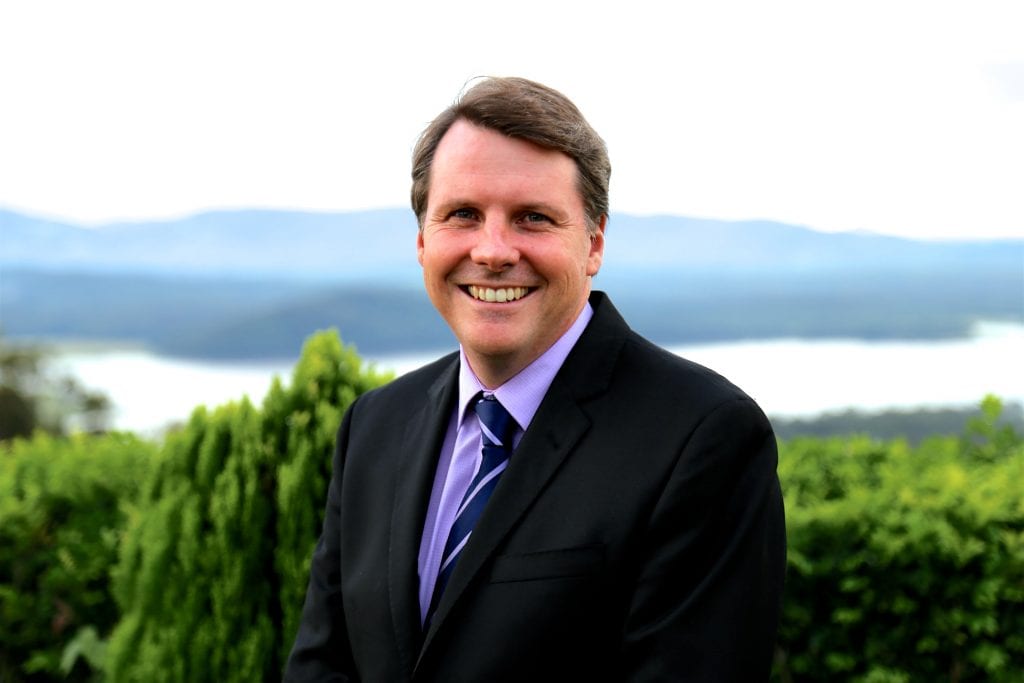
“It is vitally important to seek help from a medically trained specialist to address the problem before it becomes ingrained and more difficult to treat,” Dr Rowan says. “Allowing a professional to step in will also enable you to support your child as their parent, rather than as a makeshift therapist or psychologist.”
Free Support Guides now available for friends and family
Supporting someone experiencing an addiction can be extremely difficult, especially if you are not sure how to help. The Banyans have created several free, downloadable support guides that may help direct a conversation towards seeking help and rehabilitation.
Download yours today.
Regain your freedom: seek help from The Banyans
The Banyans Health and Wellness is a private treatment centre for those experiencing the challenges of addiction. Our tailored programs will help your loved ones uncover the drivers of their addiction, as well as equip them with the tools and strategies to regain control and experience the freedom of life once again.
Benefits of a private rehab program at The Banyans
Our highly-qualified team of registered professionals will work with you to rediscover health without drugs, alcohol or other unhealthy behaviours. Seek help today from Australia’s best private rehab centre.
Call us now on 1300 BANYAN (1300 226 926) or complete an online form for a confidential discussion about how you or someone you care about can benefit from The Banyans.


